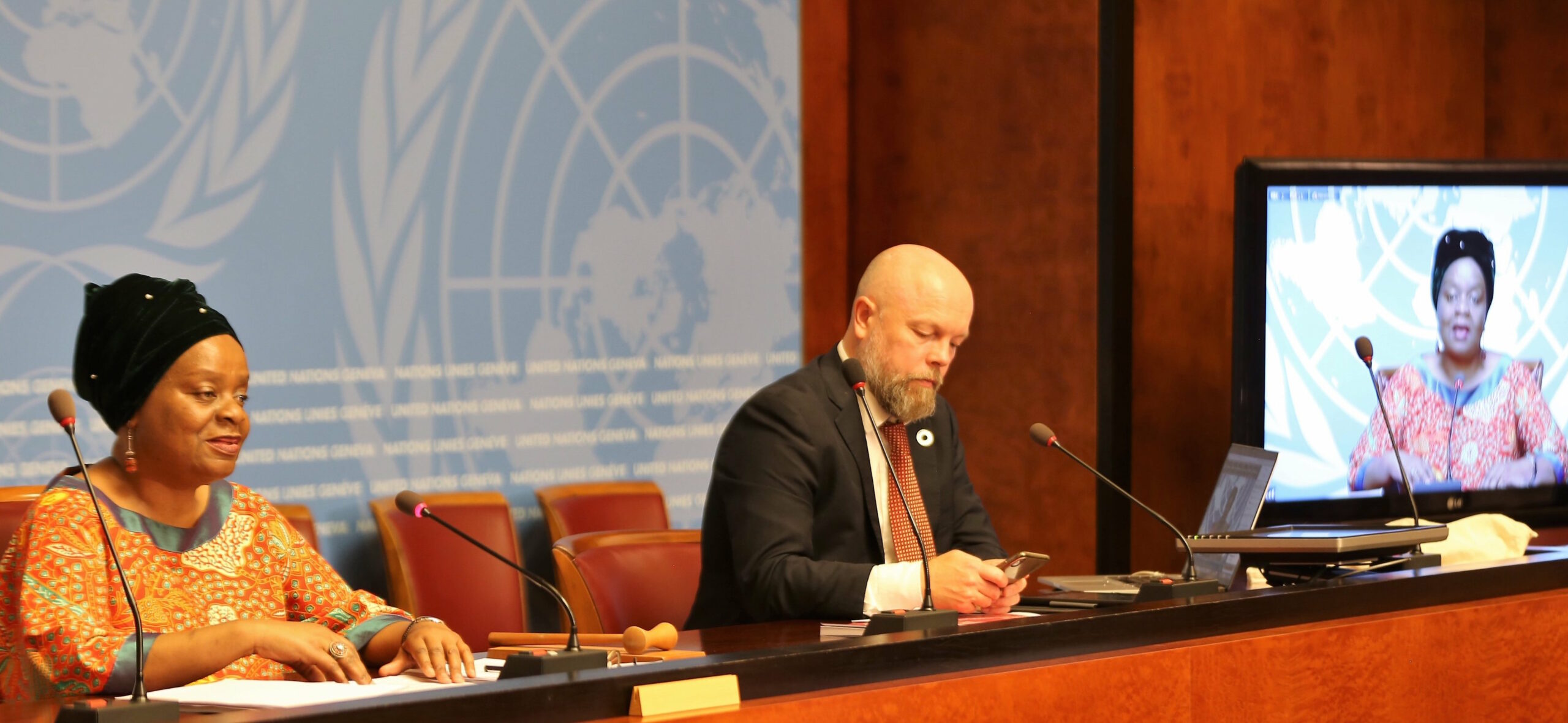|
Getting your Trinity Audio player ready...
|
(Geneva) – The flagship report of the International Trade Centre (ITC), SME Competitiveness Outlook 2023, released today, reveals that small businesses can take action to survive and grow in fragile, conflict-affected contexts.
Small businesses make up 90% of all businesses in fragile settings – and when they survive, they provide many of the jobs, goods and services needed to meet basic societal needs.
Beyond survival, when set on a growth trajectory, they are more likely to help sustain long-term stability and security of a country. This matters, as the world is becoming more fragile: 86% of the world’s poor could be living in fragile states by 2030. Fragility threatens livelihoods now and increasingly, spills across borders.
Competitiveness as a coping mechanism
Though most businesses are hard hit by fragility, the impact hits small firms, informal businesses, women and young people hardest. For example, 34% of small businesses are intensely affected by fragility, compared to 18% of large firms.
A new ITC report, Small Businesses in Fragility: From Survival to Growth, shows that businesses can prioritize three actions to survive and grow: stay connected with institutions, buyers and other businesses; improve financial management; and retain skilled staff.
It unveils the new ITC Fragility Exposure Index, which measures fragility at the firm level, based on a survey across eight countries. The index shows that 35% of small businesses that engaged with business support organizations hired employees – a positive sign of growth – in fragile settings, versus just 14% of small businesses that grew without such connections.
Strong internal financial management is another characteristic that can help lessen the impact of fragility on a business. Survey results show that companies that keep records of all business and financial transactions were twice as likely to report employee growth.
Finally, 41% of enterprises with an established hiring process expanded their labour force in fragile contexts, versus 31% of businesses that were able to do so without strong hiring practices. The employees were also more likely to have the right set of skills, which matters, as skilled workers are more efficient at adapting operations to new contexts, allowing firms to continue operating in periods of instability.
Addressing fragility: Bottom up, top down
Helping firms cope with the prevailing state of fragility is not enough. The report finds that under extreme violence, competitiveness ceases to protect firms – and can even expose them to threats such as violence and extortion.
A two-pronged approach can help address the root causes of fragility, one in which both small businesses and governments have critical roles to play. Governments and development partners can ensure enterprises have access to the hard and soft infrastructure they need to continue operations, reduce red tape related to paperwork and processes, and promote clear and consistent rules and modes of operating.
In parallel, small businesses can learn to adapt to changing circumstances, forge deeper relationships with partners, and adopt new ways of working that make them more competitive both locally and internationally.
Only by working together can the foundations of inclusive, sustainable growth be rebuilt, and pave the way for a more stable future.
About the SME Competitiveness Outlook – The SME Competitiveness Outlook is ITC’s flagship report, published annually since 2015. Each report provides an in-depth analysis on a particular topic related to the competitiveness of small and medium-sized enterprises (SMEs) – from their contribution to inclusive growth to their participation in regional value chains. The reports combine data analysis, academic insights, thought leader opinions, and case studies to provide guidance for policymakers, business managers, and trade and investment support institutions. For more information, visit the SME Competitiveness Outlook webpage.
About the International Trade Centre – The International Trade Centre is the joint agency of the World Trade Organization and the United Nations. ITC assists small and medium-sized enterprises in developing and transition economies to become more competitive in global markets, thereby contributing to sustainable economic development within the frameworks of the Aid-for-Trade agenda and the United Nations’ Sustainable Development Goals.
For more information, visit www.intracen.org.






